Interviews take serious practice. You must toe the thin line of being personable but not informal, friendly but not ditsy and qualified but not pretentious. Finding the right balance comes with its fair share of rejection. My first internship interview in particular was an absolute train wreck. Looking back I now realize why:
I Lacked Confidence
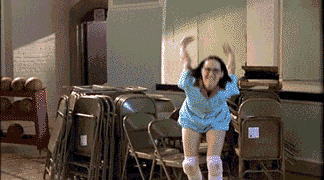
At my first professional interview, I was extremely out of my comfort zone, second-guessing every single thing that came out of my mouth. A normally outgoing and self-assured individual, I was suddenly a shy and timid interviewee.
“Think about a time when a professor or speaker was dynamic or charismatic. Even if you didn’t totally agree with what they were saying, you couldn’t stop listening to them because they captivated you when they spoke. They seemed optimistic, idealistic and above all confident. I often discuss [with students] the concept of ‘fake it ‘til you make it,’ which in this case applies to how you come across to a potential employer during an interview,” Marie Koko, Senior Career Consultant for the College of Letters and Science at the University of Wisconsin-Madison, said.
I Had Bad Body Language

“A person’s non-verbal language can say a lot about them and how they are feeling. It is important to have body language that conveys that you are interested in the interview and the position,” Pam Garcia-Rivera, Media, Information and Communication Career Advisor at the University of Wisconsin-Madison, said.
That being said, my terrible body language surely contributed to why I was not accepted for the internship. My voice was reserved when I answered questions, I sat back in my chair and made my body very small and throughout the interview I didn’t make nearly enough eye contact. My body language showed my lack of confidence and also failed to make a connection with the interviewer. In the end, I was as forgettable as Katherine Heigl’s career. Doesn’t ring a bell? Point proven.
I Wore the Wrong Outfit

My interview attire included a pair of flare dress pants that were too tight, a black dress jacket and a pair of black point toe pumps that I hadn’t broken in yet. I also forgot to wear deodorant, which meant I was drenched by the time I got to the interview.
“You should always try on your interview outfit the night before. Sit in it. Stand in it. Lean forward to pick up a pencil you dropped on the floor in it. If you can do all that without rips or gaps, you will feel more confident the day of the interview,” Koko said.
I Didn’t Prepare
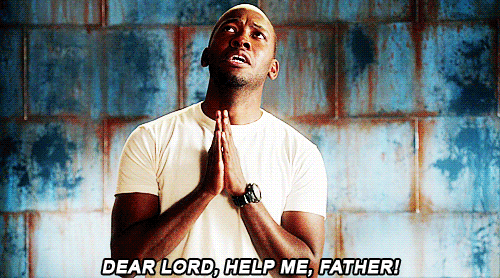
The extent of my preparation for my interview was checking out my interviewer on LinkedIn and reading the company’s website. Due to my lack of experience, I walked into the interview unprepared to both answer questions and ask them in order to convey how I would be a good match for the internship. Commence blank stares and pulling most of my responses straight out of my ass.
“A simple visit to [the company’s] Facebook, LinkedIn and Twitter pages would get you some answers, a Google search would get you more, but connecting with an alum who works (or used to work) for the company will really get you the inside scoop. Do your research and you’ll be surprised how much it creeps into the conversation during the interview,” Koko said.
I Gave the Wrong Impression

Throughout my interview I was so concerned with showing how much I wanted the internship that I kept repeating, “I’m just so excited for this opportunity” after every response and smiling like a psychopath. While it’s obviously important to show a potential employer how passionate you are about the position you want, coming off as inauthentic won’t get you anywhere.
“All of us have been in the presence of people who made our skin crawl because they felt so fake. Don’t be that guy or gal. Just as with clothing, your demeanor will be influenced to some extent by what is common for the industry or company, but if you walk into the office of a recruiter at the CIA and see a giant autographed poster of Star Wars and you’ve loved Star Wars since you were five, go ahead and gush. You’re human, and interviews are about fit,” Koko said.
I Didn’t Listen
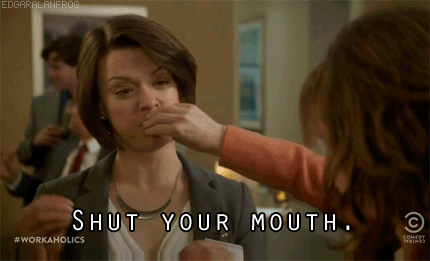
“The advice I give all my students is this: Breathe. Hear what you are asked. If you don’t feel you got it all, ask the recruiter to repeat it. It’s even okay for you to ask them to repeat it once you’ve started to answer it. The key is to hear what is being said so that you have the best chance of answering the question fully,” Koko said.
Looking back, I can’t help but cringe at how I was so anxious to tell every single reason why I was the perfect fit for the position that I forgot to listen to what the interviewer had to say and ended up accidentally talking over them. Interviews 101: Don’t Interrupt the Interviewer, You Moron.
I Didn’t Emphasize My Strengths
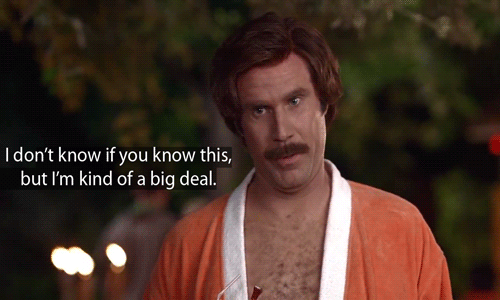
I thought the goal of an interview was to list every single job I had, every student organization I participated in and how hard of a worker I am. In the end, instead of conveying to the interviewer how specific experiences made me qualified, I basically regurgitated my resume.
“Most millennials have personalities that are an odd combination of expecting to be praised while being overly humble at the same time. Even if you are lucky enough to get an interview because something on your resume intrigued them, it is still incumbent upon you to toot your own horn. Employers want to hear about your passions (preferably related to doing the job) and what you have been able to achieve,” Koko said.
I Lacked Experience
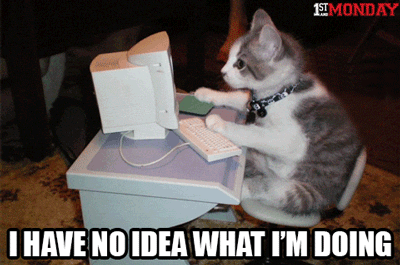
“Advisors can help students practice their interviewing skills by doing mock interviews and by discussing questions that are typically asked during an interview. Typically, employers ask ‘behavioral questions’ where they want to know a situation you encountered, the action you took to handle the situation and how you resolved it,” Garcia-Rivera said.
With this being my first interview, I was obviously out of my element. Although there are resources on campus to conduct practice interviews with advisors, I never took advantage of them.



















